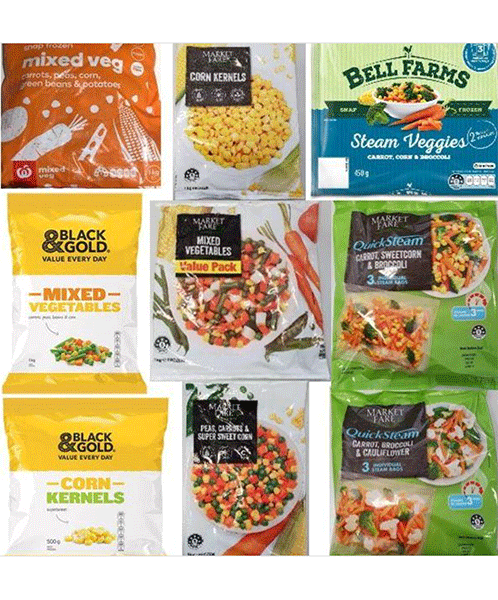The time has come to think more carefully about food standards and how to keep Australians safe in a global market.
Food recall stories challenge what we know about food importing, what Food Safety Standards are and how they are policed.
How do we know that the food we buy is safe to consume?
Too often we simply trust that because it’s for sale it must be safe to consume. But in Europe this month, nine people’s similar trust in food safety left them dead. Would it take the same situation to happen in Australia before our own importing standards are reviewed?
We live in a global economy. Much of the food we buy now (and even more so in the future) will neither be grown nor packaged locally.
Therefore much of what we will buy won’t necessarily be grown or packaged under the strict safety standards that Australian farmers and manufacturers must meet.
How many consumers know that food we buy from international sources is not necessarily tested to meet Australian food standards before it gets to the supermarket shelves? Common sense would assume the opposite. Unfortunately this is not the case.
The Department of Agriculture and Water Resources (DAWR) is the initial gatekeeper that releases frozen food into the Australian market. They set the rules for how food is imported and apply the relevant quarantine requirements to ensure it doesn’t being in any nasty extras. DAWR states that it is the importer’s responsibility to meet Australian New Zealand Standards Code for frozen vegetables.
Who checks?
My question is: Who is watching whether the importer does comply with standards? Who checks if the importer is testing its food?
The importer of the frozen vegetables that were found at risk of contamination this month could have done one of three things prior to distribution, but none of these options would be checked by DAWR as a matter of course. The importer could have:
1、Requested the European manufacturer to supply laboratory tests and analysis for each batch to be imported
2、Air-freighted samples from each batch (in temperature controlled packaging) to Australia for testing before the full container load was sent 50 days later by sea freight
3、Tested each batch in Australia before it was distributed to supermarkets.
No testing results are required to be submitted to DAWR prior to releasing frozen food to Australian distributors. All DAWR asks of each shipment imported is:
1、Have the frozen vegetables been frozen for at least seven days at -18°C
2、Do the goods contain any animal material including egg or dairy?
If the first answer is yes and the second answer is no, the goods are permitted into Australia.
From there the goods are distributed to the supermarkets and supermarket staff unpack it onto shelves.

Two major problems with the system
I see two major problems with this system, and therefore two opportunities for improvement to meet the needs of a global marketplace:
The first problem of course is policing food standards. It makes sense that standards need to be upheld and that the only way to ensure this is by checking that this is happening. Asking manufacturers or importers to prove that the food they import meets local standards should be a requirement, not a suggestion. DAWR should ask for a good deal more information and testing results before permitting food into the Australian marketplace. This is not a case for self-regulation by corporations. It should be case for safe regulation by authorities.
The second problem I see is that rather than tightening the rules around food importing, Australia is in the process of loosening them. Australia is currently working on forming a Free Trade Agreement with the EU that will make the importing process even easier than it currently is. The trouble with this is illustrated by the current listeria case.
The company responsible for the listeria contaminated foods in Europe is actually from Europe. It has had the same strain of listeria identified in frozen foods in Europe for three years in a row now and yet it continues to supply food. A Free Trade Agreement with Europe will mean that the (somewhat insufficient) standards that permit this company to continually supply contaminated foods in Europe will be considered acceptable for Australia too.
A global market place with Free Trade Agreements and standards which are not in line with our own domestic standards creates gaps. The only people who can close or eliminate those gaps are the gatekeepers and the importers.
Big penalties for importers
These are both fine arguments for buying locally. But more so, they are arguments that Australian Standards need to be more valuable than the paper on which they are written. When referring to food that has been produced and packaged outside of Australia, Standards need to be stringently applied and tested.
There need to be big penalties for importers who don’t meet requirements. DAWR needs to take responsibility.
Australia New Zealand Food Standards also need to be aware of the gaps and work with DAWR to close the same gaps before the goods are released into the marketplace. As the global market strengthens, so too must local the rules that protect Australians
Source: www.ausfoodnews.com.au







